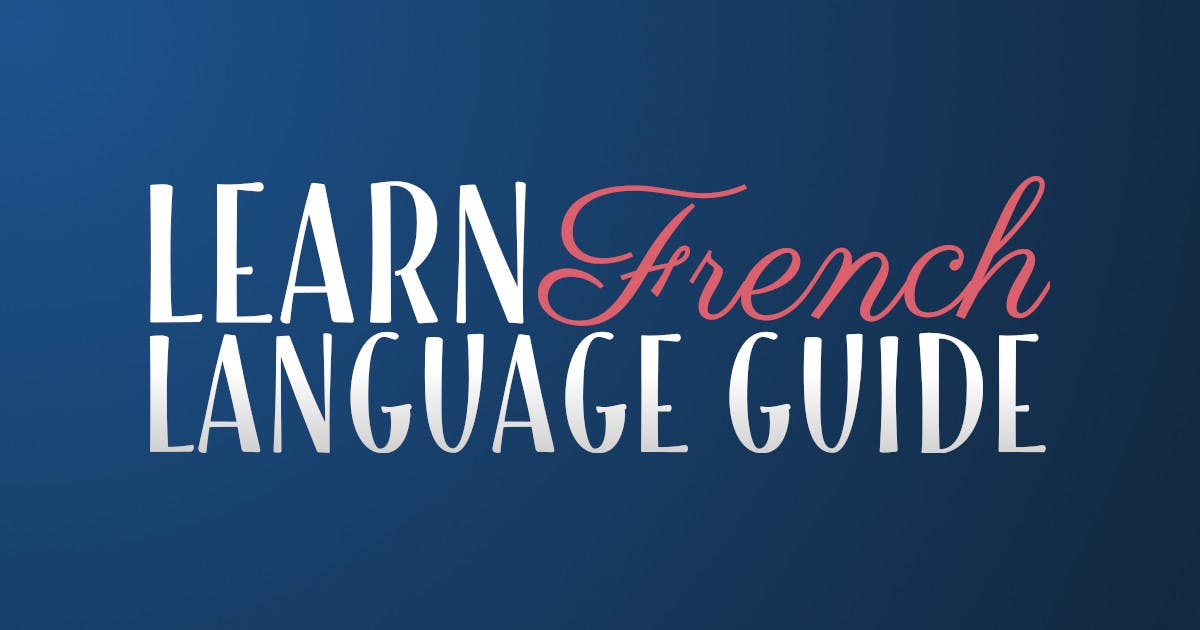Essential French For Dinner Time
As much as the French love to go to their wonderful restaurants, they love to entertain at home as well. Sunday afternoon dinner is reserved for having the entire family over, and frequently the French will invite friends for a lovely dinner consisting of many courses. People speak of the "French Paradox" where the French are able to eat large meals of many courses that include fattening items such as fois gras (goose liver pate) cheeses, rich sauces, etc. But the French prize quality over quantity, so even though a seven course meal may seem like a lot, a small portion of each course is served. Let's invite some friends over and enjoy a nice dinner together. Bienvenue! Welcome! Bienvenue chez nous! Welcome to our home! Ca me fait plaisir que tu sois la. I'm so happy you're here. Assieds-toi! Sit down! (informal) Asseyez-vous! Sit down! (formal) If you have invited close friends, you will "tutoyer" them, that is, use the informal "you" when you address them. If you have invited some people you don't know very well, you will speak to them with the formal "vous". Relatives, children and animals are always addressed in the informal; strangers, acquaintances, bosses and anyone you meet for the first time should be addressed in the formal. This is changing lately, especially among young people, but it is still considered good manners to use the "vous" unless you know someone very well. Asseyez-vous dans le salon, s'l vous plait. Please have a seat in the living room. Voulez-vous quelque chose a boire? Would you like something to drink? Un aperitif, une biere, une tasse de cafe? An aperitive, a beer, a cup of coffee? J'ai l'envie d'une biere froide. Il fait tres chaud aujourd'hui. I'm in the mood for a cold beer. It's very hot today. Moi, je prends un cafe chaud! As for me, I'll have a hot coffee! Since beer is a feminine noun, it gets "froide" for cold. The masculine is "froid". Hot coffee, therefore gets "chaud"; the feminine would be chaude. Match up "une biere" with "biere froide" and "un cafe" with "cafe chaud" and you will see how you can keep track of it all. Il me faut rentrer dans la cuisine pour preparer le repas. Excusez-moi. I have to go back in the kitchen to prepare the meal. Excuse me. A table tous le monde! Entrons dans la sale a manger, s'il vous plait. Everyone to the table! Let's go into the dining room, please. Robert, prenez votre place pres de la fenetre. Yvette, asseyez-vous sur l'autre cote de la table, tout pres de moi. Robert, take the place next to the window. Yvette, sit on the other side of the table, right next to me. Pour commencer, nous avons Coquille Saint Jacques, puis le plat principal, Magret de Canard aux Fraise et au Porto, salade gourmande, un plateau de fromages, et, comme dessert, la tarts aux pommes. To begin, we have scallops, then the main course, Magret of Duck in port with strawberries, salad, cheese platter and, for dessert, apple tart. Ooh la la!
What Did We Learn?
- Welcome to our home!
- Please sit down. (Try formal and informal.)
- Would you like something to drink?
- I'm in the mood for a glass of wine (une verre de vin).
- Excuse me, I have to leave (partir).
- Please sit right next to me.
- Let's go into the dining room. Go (informal) into the kitchen.
- A cold beer, a hot coffee, a red wine.
- A plate of cheeses (a cheese platter), a salad, an apple pie.
- Translate this joke: M. Dessault a demande de M. Marcus s'il peut (could) se tutoyer. Oui, dit M. Marcus, s'il vous voulez.

SUBSCRIBE: